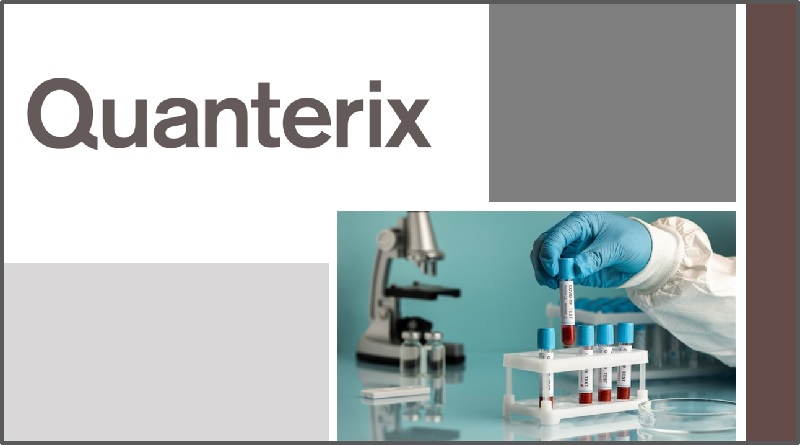The most difficult professions demand striking a balance between two conflicting ideas. No other philosophical problem in medicine compares to that of running a hospital and providing treatment for the patients who are a part of it. Profitability should come first, according to economic theory. Simply put, how much cost-cutting can a medical organization’s CEO do before patient care suffers? Profits and patients must eventually split on the Venn Diagram of corporate ledgers.It is only possible to manage that divergence through a delicate balancing act of business and humanity if the CEO is aware of his clients’ sufferings and does not only view them through the lens of money. A doctor has always been the only person with that skill and always will be.
First, Do No Harm
A knowledgeable company leader’s vision is communicated through profit and loss in every other industry. However, using these measurements in a sector that deals with the actual pain of people is not only unethical, but also goes against all that humans stand for, including empathy, compassion, and selflessness.
As the CEO of a surgical centre franchise, I yearn for the bygone era when patient care came first and financial success came second. I yearn for the time when doctors were in charge and patients adored it. The glorification of the business degree for managing what is obviously, first and foremost, a caregiving entity was the beginning of the corporatization of healthcare. The financial benefits of this up until now hearts-and-minds field were amplified by the gradual takeover of the healthcare industry by business-minded but medically uneducated people. Patients lost the most during this transition because their pleas were drowned out by the noises of cash registers. Doctors were reduced to providing only patient care as “money guys” took charge.
“Above all, do no harm” has evolved into “Above all, do what’s best for business.” Avoiding negative impacts means always playing catch-up. Only a bona fide pursuit of positive impacts will prepare the chess board for victory. Doctors are uniquely positioned to achieve that goal. A doctor’s awareness is sacred, imbued in the work ethic of healthcare providers everywhere. It is a moral and ethical sensibility. This is why the CEO/doctor amalgam is uniquely suited to head up an institution that puts patients above all else.
Rationalization And Staying Ahead Of The Inevitable
Yes, balancing the best interests of the medical business with what’s best for patients is possible—and necessary. But the plot thickens, because rationalization is a slippery slope.
Take surgery anaesthesia as an illustration. It would be ludicrous and completely incorrect on all levels to dilute anaesthetic in order to save money. However, it could appear less morally wrong to “dilute” the anaesthesia workforce by not hiring enough anesthesiologists. Is it important if they fail due to an empty tank or a heavier anesthesiologist/patient ratio if the fundamental definitions of appropriate anaesthetic treatment are optimal recovery and minimal discomfort for the patient? Of course, anaesthesia is only one component of the complex system that holds a good hospital together.
In keeping with the previous anaesthetic metaphor, hospitals will cease to exist if their patients suffer. Employees at hospitals that experience understaffing or cost-cutting will leave. These occurrences are unavoidable. Only a wise physician/CEO can predict where and when such seeds of unhappiness will germinate before they develop into unpleasant realities that will put him or her in a bind. In this regard, running a healthcare organisation is a lot like playing chess, but unlike other purely commercial enterprises that compete for clients, there are particular undercurrents that are inherent in the industry, and a doctor serving as CEO will be aware of these.
To avoid a checkmate, the wise doctor/CEO plans out multiple moves in advance that are only visible to medical professionals. Fortunately, operating a healthcare firm is not as antagonistic as playing chess because everyone in the industry is on the same team. This implies that whether the problem is bartering within the supply chain or contract negotiations with other doctors and employees, there can be an esprit de corps as everyone works toward a successful conclusion. The distinction between the doctor/CEO and the chess player is that everyone must succeed in a medical entity, whereas there can only be one victor in chess. Draws do not factor in.
Profit Margins Versus Patients
Does the CEO/doctor make every effort to raise profit margins? Because of the medical degree, hopefully not. A smart CEO/doctor must balance factors that influence the profit margin while serving as the caretaker of the patients who come in. The MD comes in because a strong CEO will do all possible to increase an organization’s profitability while remaining within the bounds of medical ethics. The CEO’s ability to seamlessly combine their business expertise with the medical knowledge required to detect the pulse beneath the pocketbook is ensured by their MD training. To understand the fine print of operating a medical business, one requires a clinical mind. When dealing with a patient on a long-term ventilator, having a business degree is useless. That’s when the true balance of humanity and business of an MD/CEO shines.
Law firms are owned and run by lawyers; it is literally against the law for non-attorneys to manage a legal business. Machines are controlled by engineers. It makes sense logically. Businesspeople, however, have justified their takeover of medical firms from the real medical leaders: doctors, given the massive amount of revenues involved. Diseases are something that doctors are familiar with. Medical equipment is familiar to doctors. Similar to an engineer who is the expert on the mechanics of his equipment, doctors are more familiar than anyone else with the development and environment of the medical field. By eliminating the doctor, the most significant medical leader, from the practise of medicine, we have failed ourselves and future generations.






